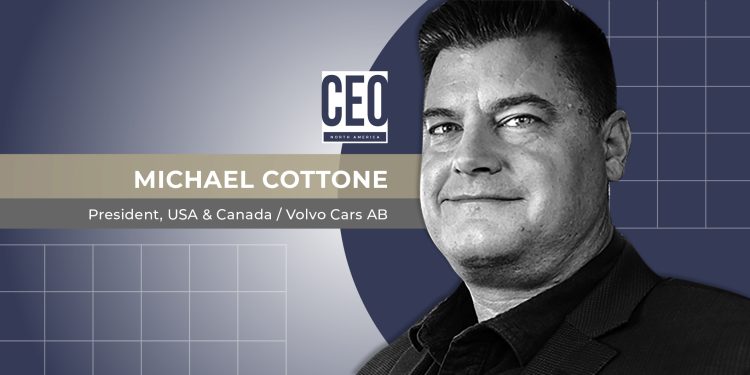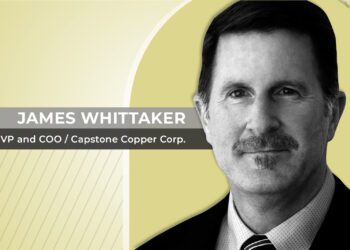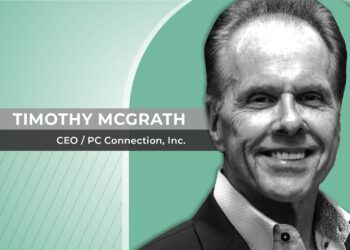

Michael Cottone
President, USA & Canada / Volvo Cars AB
Volvo Cars AB, the Swedish automaker known for a century of innovation in technology, design and passenger safety, is raising its profile in North America. From its South Carolina plant, it is expanding its fleet of hybrid and EV models in an effort to reach its new goal of electrified cars making up at least 90% of global sales while meeting the diverse needs of customers across Canada, the United States and the world.
When Michael Cottone was appointed as President, USA & Canada of Sweden’s Volvo Cars AB, in March 2023 it was a dream come true.
He had already worked for the company for more than two decades and was taking over leadership of Volvo Cars’ fastest-growing major market. In 2023, U.S. sales grew by 26%, and his first year on the job saw him help finish preparations for the launch of a new vehicle from the company’s new plant in Ridgeville, South Carolina on the outskirts of the port city of Charleston.
The plant and its wider North American operations are a cornerstone of the company’s global effort to complete its transformation from a maker of internal-combustion-engine cars to a fully electric-vehicle automaker without compromising its reputation for quality and safety, Cottone said.
“I’ve been with this brand for a long time and have seen us grow up over the last few years. I was extremely excited with the appointment,” he said in an interview, adding that Volvo Cars “is the only company I’ve ever known.”
“There is a transition going on, but it’s going to take a little bit longer, and I think the most important thing is creating a great product.”
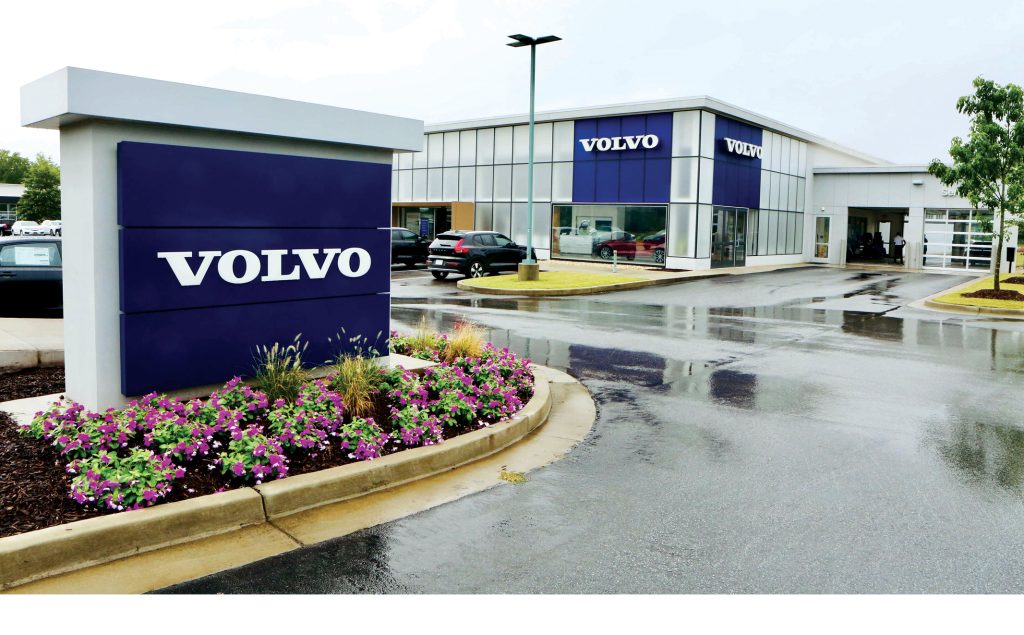

Turning up the Electricity
At Ridgeville, Volvo Cars has been producing its S60 gasoline-electric mild-hybrid luxury sedan since 2018 and exporting it since 2019. A mild hybrid is a vehicle with both an internal combustion engine and electric motor. The car uses the engine and energy from braking to charge batteries that power the electric motor – reducing fossil-fuel consumption when the internal combustion engine is used.
The Ridgeville plant, about 25 miles (40 kilometers) northwest of Charleston, South Carolina, also produced a plug-in hybrid version of the S60 with a maximum range of 41 miles (66 km) on battery alone. The plug-ins have longer electric-only range than the mild hybrids.
In recent months, Volvo Cars has started production of the EX90 at Ridgeville. A fully electric vehicle, or “EV”, the EX90 is a premium, seven-seat SUV with a 510-horsepower electric motor that can accelerate from zero to 60 miles per hour (97 km per hour) in 4.7 seconds. The battery can be charged from 10-80% in about 30 minutes and give the car a range of 300 miles (483 km) before recharging.
It’s the first vehicle in Volvo Cars’ history to be launched in markets outside of Europe, Cottone said.
“Production is already started on the EX90. We’re getting those cars ready to launch both in the U.S. and then ship some cars over to Europe,” he added. “This is a fantastic car for us to have in the U.S. market: built in the U.S.; built for the U.S. consumer.”
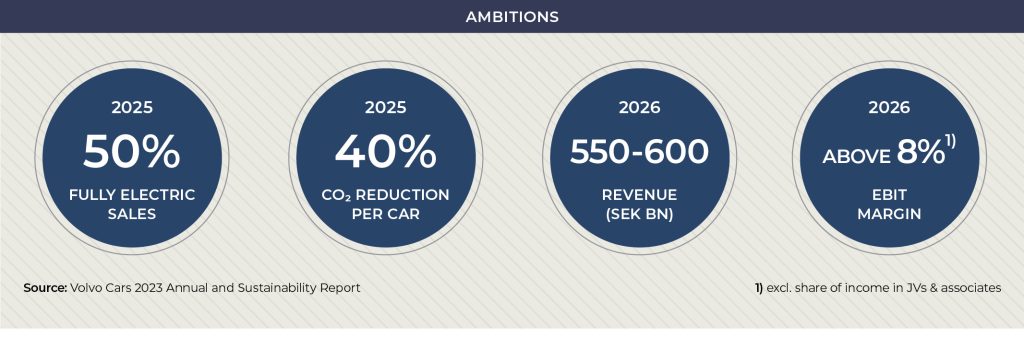

“We are really taking a big leap when it comes to tech from electrification and technology. I think we were one of the 1st brands to talk about being a fully electric brand.”
Think Globally, Act Locally
While Volvo Cars remains a global brand and global manufacturer, changing international markets, regulation and trade patterns have pushed globalized companies like Volvo Cars to look more closely at the local components of their international operations. The “think-globally-act-locally” ethos has come to the business world as well.
“From my standpoint, the way I look at it is that you want to choose the best supplier − the best supplier that fits your brand and the best supplier to work with,” Cottone affirmed.
“We try to source these products where we build as well,” he added. “I think what’s really important to us is to find global suppliers that can source where we build.”
Build where you sell is a key part of plans Cottone and Volvo Cars’ preparations for the major transformation of the automobile industry expected over the next few years. New plants, like the one outside of Charleston, and the products being built in them are essential to meeting demand for new models as the customers and regions they serve adapt to the transformation at different paces.
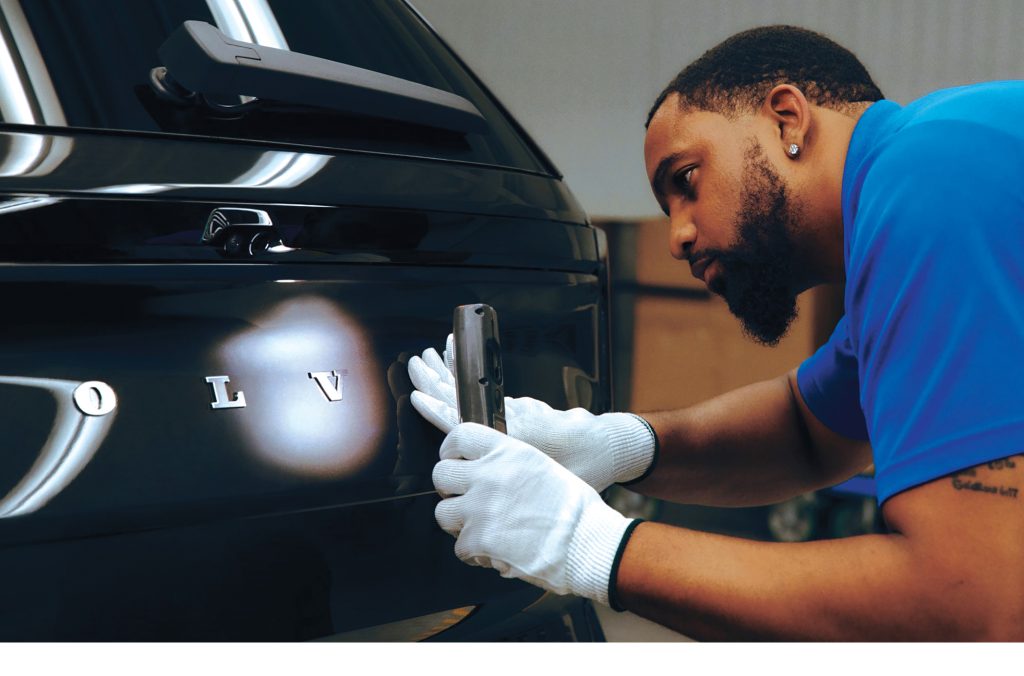

“Our core values have never changed. In our 100 years we’ve been always focused on people and protecting people, which comes down to safety. It’s been about protecting the environment and sustainability. It’s been really about family values.”
Next year, Cottone will be responsible for launching Volvo Cars’ new EV, the fully electric EX30, in the U.S. market. The import is part of plans to have 50% to 60% of all of the Swedish automaker’s sales in the United States to consist of electrified cars, either EV or hybrid, in 2025.
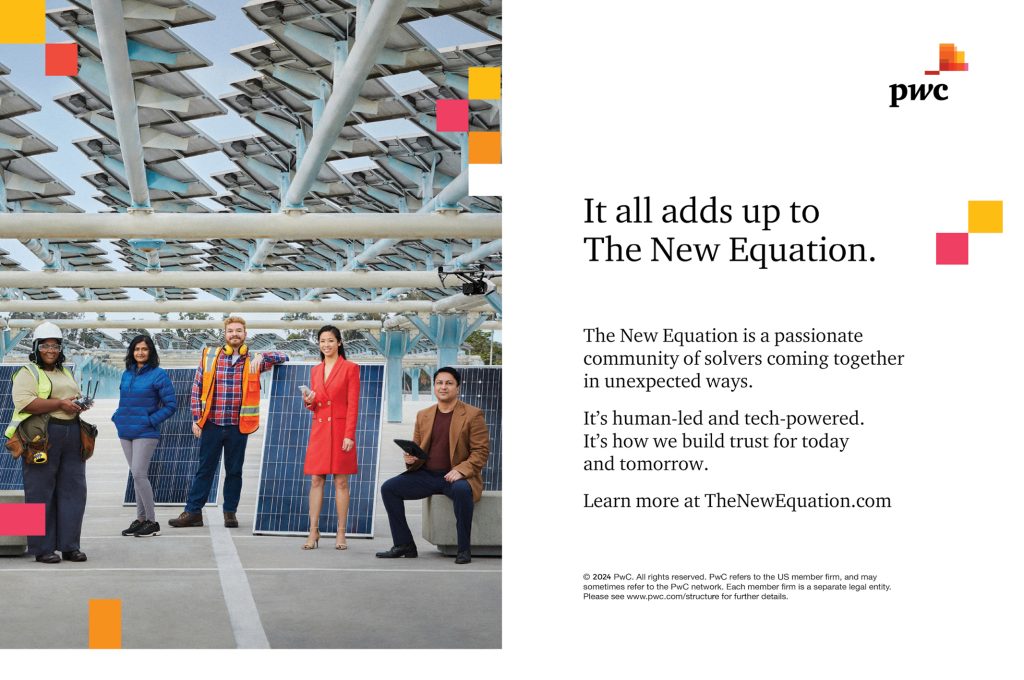

Differing Pace of Transition
The mix of hybrids and EVs are intended to allow Volvo Cars to meet the needs of diverse consumers who will be facing the transition away from fossil fuels at different rates, he said.
Even as most of the world moves steadily toward energy transition, the North American vehicle market is a checkerboard of different regulatory regimes and cultural preferences that change the energy-cost calculations for consumers and require a range of options that can meet specific regional demands.
“This transition is going to occur very differently in California than it’s going to occur in the middle of the United States, and it’s the same thing when I look at Canada,” he said. “You’ve got Quebec, which is massively transforming into an EV market. Then you have the Alberta area that is about the oil and gas – the Texas of Canada.”


EVs make up about 10% of sales volume and plug-in hybrids about 30%, Cottone said. He expects the proportion of such vehicles to increase dramatically in the next three to five years as the phase-out of fully combustion-engine vehicles continues.
“I think our product lineup is really positioned well today,” Cottone said. “We have a strong, mild-hybrid and plug-in hybrid lineup with new leading-edge EVs to come through over the next few years.”




Build where you sell
In addition to Volvo Cars’ commitment building where it sells, the company also seeks to source where it sells, buying inputs locally too, he added. For instance, in the United States, Volvo Cars has been strengthening technology partnerships with companies in Silicon Valley.
“The only thing that’s really changing inside of the cars is the technology inside of it,” he explained. We are really taking a big leap when it comes to tech from electrification and technology.”
“If you’re going to change from a customer standpoint into either a plugin hybrid vehicle or an electric vehicle, I think the most important thing is protecting the people who are inside the vehicle and protecting what’s important to you.” He continued: “Nobody’s done that better over the last 97 years than Volvo Cars.”


While he believes change and transition are inevitable, he also believes the exact pace and way it will happen is far from clear. To overcome that uncertainty and succeed in this exciting time, he insists that the company must be true to its core values.
“Volvo Cars is a brand that everybody’s always known and trusted,” he said. “From our standpoint that’s a great space to be in. We’re going to lean on 100 years of history in building cars and manufacturing cars and developing cars safe, and then really work and really come onto the leading edge when it comes to transforming our business into an electric future.”





